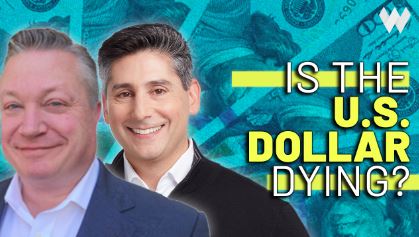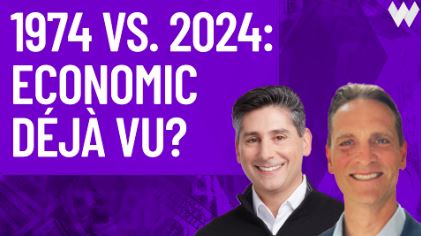Pay No Attention to that Man Behind the Curtain!

What Risks Lie Ahead in 2024?

Inflation Fears: Shades of 1974?

Echoes of 1974

Each year brings investors a fresh list of hopes and fears. Often, mainstream financial firms provide guidance that extrapolates linear thinking into the future. We prefer to take a more cyclical view of the world to glean knowledge from patterns in past cycles that rhyme with today. With that in mind, we set our […]
Fractional Reserve Airline Seats

This article was originally published by The Ludwig von Mises Institute of Canada on April 18, 2017 Every year, airlines deny thousands of passengers seats on flights due to overbooking. Airlines use sophisticated modeling to manage overbooking to maximize profits given the reality of passenger no- shows. Legally permissible under their “contract of carriage” with […]
Velocity Lacks Veracity

Velocity is not a substitute for demand, but rather of volume. Lots of goods and services may transact at low prices just as they may trade at high prices.
Bitcoin or Gold?

This article was originally published by The Human Events Group on July 3, 2014 We have proposed a system for electronic transactions without relying on trust. – Satoshi Nakamoto, 20091 With this fairly mundane comment, the person or persons known as Satoshi Nakamoto (the jury is still be out) introduced bitcoin to the world. Since […]
Deflating the Deflation Myth

The fear of deflation serves as the theoretical justification of every inflationary action taken by the Federal Reserve and central banks around the world.
There is No Tradeoff Between Inflation and Unemployment

Anyone reading the regular Federal Open Market Committee press releases can easily envision Chairman Yellen and the Federal Reserve team at the economic controls, carefully adjusting the economy’s price level and employment numbers.
Why the Wealth Effect Doesn’t Work

Across all financial media, between both political parties, and among most mainstream economists, the “wealth effect” is noted, promoted, and touted.

